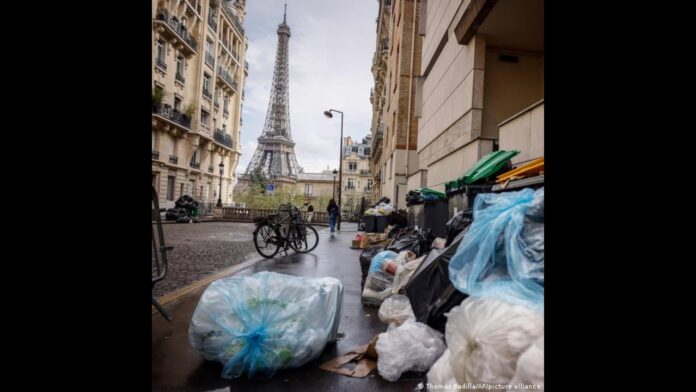Norway’s Climate and Environment Minister, Espen Barth Eide, has emphasized the importance of reducing the production of “virgin plastic” as talks on a global treaty to address the escalating plastic pollution crisis commenced. More than 145 countries are participating in these negotiations, with Norway co-leading the High Ambition Coalition. The objective is to finalize the treaty by 2025.
Minister Eide stated that as the circular economy gains momentum, the demand for new plastics will naturally decrease. While the United Nations Environment Programme (UNEP) report released ahead of the discussions primarily focused on promoting a circular economy to tackle plastic pollution, environmental organizations are expressing concerns. They argue that the talks are overly fixated on recycling rather than addressing the root cause of the issue—the production of plastic itself. Greenpeace, in particular, is calling for a 75% reduction in plastic production compared to 2017 levels, as recycling many types of plastic remains challenging due to their composition of fossil fuels.
According to Graham Forbes, the Global Plastics Project Leader at Greenpeace USA, if the focus remains solely on recycling without adequately addressing the production side, detrimental consequences related to climate change will persist. He warns against relying on what he calls “false solutions” such as chemical recycling, cement kilns, or waste-to-energy approaches. Minister Eide’s stance aligns with the call to reduce virgin plastic production, acknowledging that a more circular economy would naturally decrease the need for new plastic manufacturing. The ongoing negotiations aim to strike a balance between addressing plastic pollution and promoting sustainable alternatives to plastic production.


